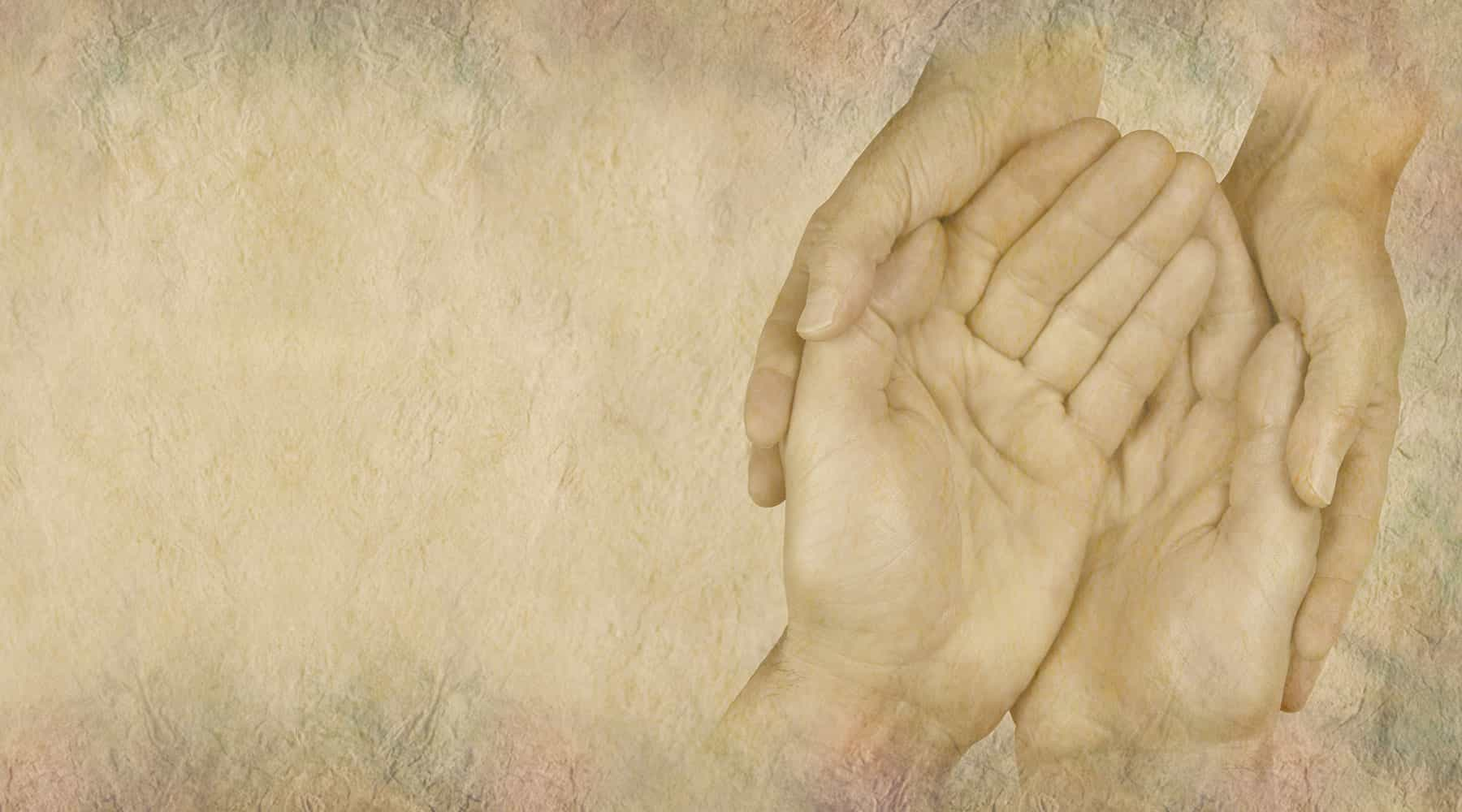What is being intestate?
If someone dies without a valid will, according to California law, they are considered intestate. When this occurs, the state will distribute the person's assets, and the state will also determine who will care for children under the age of 18 who do not have another living parent to do so.
California has its own set of processes to determine who gets what and how much of it. Generally speaking, the law provides the majority of assets to parents, spouses and children. When there are no living parents, children or a spouse, assets will normally go to the closest living relative.
The assets that will be distributed when someone dies without a will are the same type of assets that a will would deal with. However, instead of going to named individuals, assets are divided among family members according to a general formula.
The Special Case for Spouses
Spouses usually end up with a significant portion of someone's assets if they die without a will because most of a couple's property is community property. Community property is property that is shared by a married couple, and it includes most items acquired throughout the course of a marriage. The surviving spouse will inherit their partner's half of any community property. People may also have separate property, which is what they owned before the marriage. Separate property may also include gifts or inheritances that were received during the marriage and specifically named the individual as the recipient. Spouses will normally receive a portion of their partner's separate property, but the percentage will depend on whether there are any surviving parents, siblings or children. If someone is divorced or legally separated from the person who dies, they will not receive any of their property.
How Assets Are Distributed When People in California Die Intestate
- Children
Children will normally share a person's property after their death. If their parents were divorced or if their other parent is no longer alive, the property will be split evenly among them. However, if their other parent or a spouse is still alive and eligible to receive a portion of the estate, the estate will be split between children and the spouse.
- Children and a Spouse
If a person dies and they are survived by a spouse and one child, their separate property will be divided evenly between their child and spouse. If a parent and more than one child survive, the parent will receive one-third of separate property from the estate, and the rest will be divided evenly among the children.
- Parents and Siblings
Whether or not someone's parents or siblings will receive a portion of an estate will depend on whether or not there are living children. If a person has no spouse or children, their estate will pass on to their parents, provided they are alive; if parents are not alive, the estate will go to their siblings. In the event that someone does not have a living spouse, children, parents or siblings, their possessions will go to the closest living relative.
- Parents and Siblings with a Surviving Spouse
If a person is survived by a spouse and parents but not children, the spouse will receive half of the person's separate property and the parents will receive the other half. When parents are not alive but siblings are, the spouse will still be provided with half of the separate property and the other half will be divided among siblings.
The Eligibility of Children To Receive Assets
In most cases, whether someone is the child of a person isn't a mystery. However, not all families are alike, and there are situations where there may be a question of if an individual would receive a share of someone's property. All living children will normally be granted a share of a person's belongings, and any child born during the course of a person's marriage is assumed to be their child.
If someone adopts a child, that child would be eligible to receive a portion of their adoptive parent's assets. However, a foster child or a stepchild would not be eligible unless it can be proven that they would have been adopted if it were not for legal obstacles. Alternatively, if a relationship between the individual and the foster or step child started when the child was a minor and continued through their adulthood, they may be given a share.
Children who were born after someone's death may still be able to obtain a portion of an estate if they were conceived before the individual's death. Additionally, if a child was conceived from a person's genetic material, as long as conception occurs within two years of a person's death and there is written permission to use genetic material to do so, they may receive a portion of an estate. If a child was born outside of marriage, they may be able to collect a portion of someone's estate so long as they were acknowledged as being the individual's child and that the individual provided for their care and upbringing.
Providing Care For Minor Children
When an individual who is the sole person responsible for caring for a child dies intestate, it will be up to the state to determine who will raise the child until adulthood. Unlike with determining how assets are distributed, the responsibility to take care of a child will not necessarily fall to the closest living relative. Guardianship will be assigned by a judge based on what is best for the child. Prior to naming a guardian, a judge will gather information about a family, the parent's wishes and the current circumstances of potential guardians. How assets are distributed following someone's death when they pass on without a will can change dramatically depending on the family members who survive the individual. A lawyer may be able to explain what someone can expect if a relative dies intestate.






